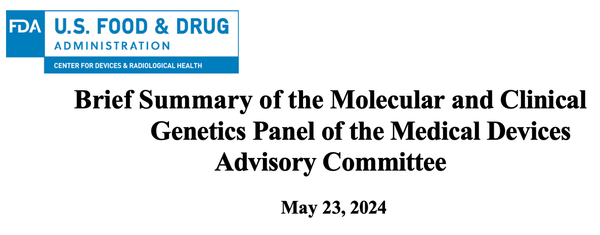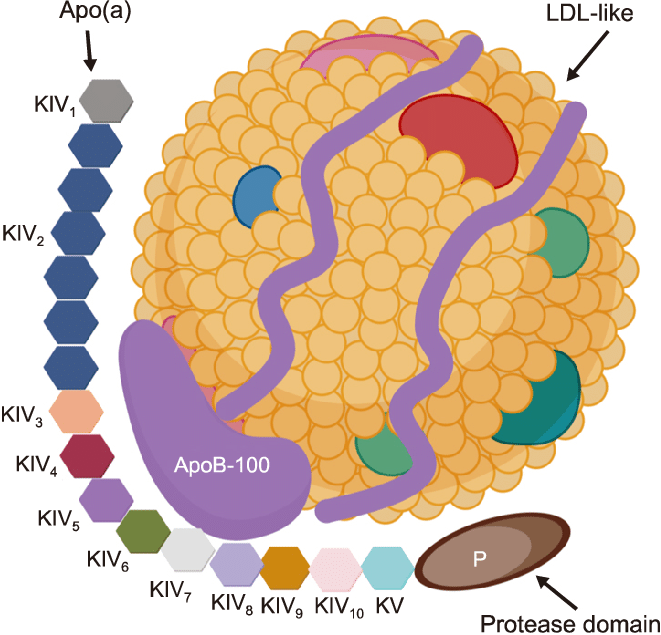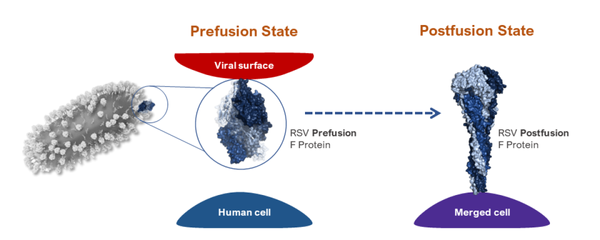Colon Cancer Screening over 75
In the past, it was unclear if colon cancer screening was worth doing for people over 75. A new study shows that it is often life-saving.

New U.S. Preventive Services Task Force guidelines published on May 18, 2021, lowered the age for colon cancer screening from 50 to 45. Screening should continue between the ages of 50 and 75. Screening can be selectively offered for those aged 76 to 85, but the benefit is small.
A new study published online on May 20, 2021 (after the above guidelines) shows the benefits of colonoscopies in the 76-85 age group may be more than small. Let's review:
- The new study about the benefits of colonoscopy in the 76-85 age group.
- The current guidelines for the 76-85 age group.
- How to make an individualized risk-benefit ratio on a case-by-case basis.
- Why did the guidelines move the age to start colon cancer screening from 50 to 45?
First, what are the statistics for colorectal cancer? According to the CDC data in the chart above, it is the 4th leading cause of cancer death in the United States. In 2020, the latest year for which incidence data are available, in the United States, 126,240 new cases of colorectal cancer were reported, and 51,869 people died of this cancer. For every 100,000 people, 33 new colorectal cancer cases were reported, and 13 people died of this cancer. The rate of colorectal cancer death overall has been slowly decreasing in the 20 years ending in 2020. The American Cancer Society discusses age-specific mortality trends:
Colorectal cancer mortality trends vary by age. Among older adults, decades of rapid declines have slowed, from 1% annually during 2004-2013 to 0.6% during 2013-2017 in those ages 50-64 years and from 3.3% to 2.6%, respectively, in those ages 65 and older. In contrast, colorectal cancer death rates have increased in individuals younger than 50 years of age by 1.3% per year since 2004.



